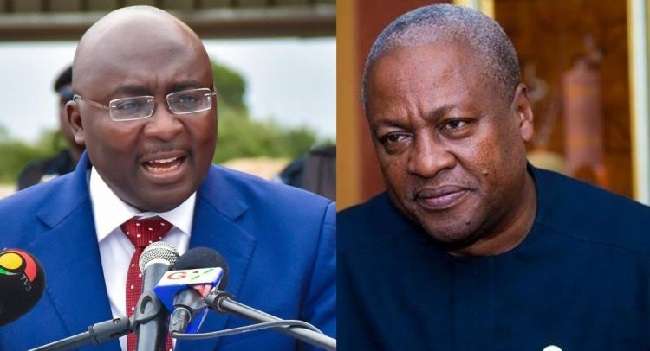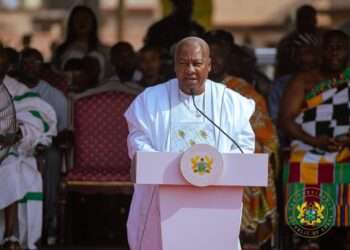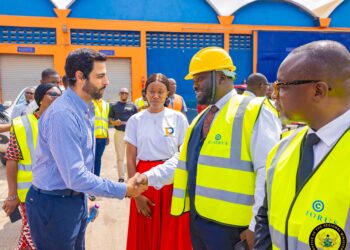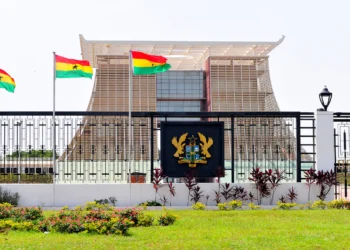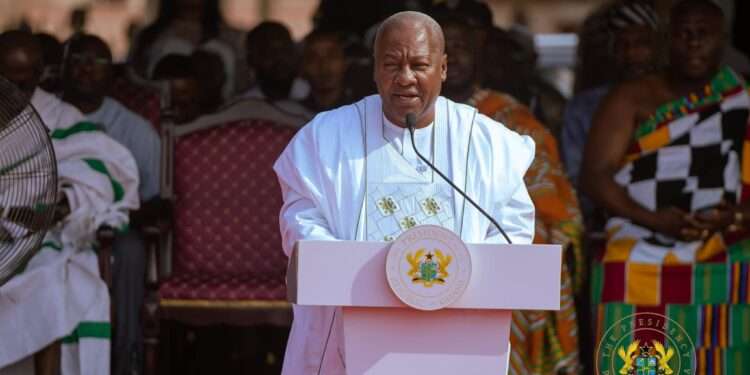The astute timing of the NDC’s Mahama’s “Building Ghana Tour” becomes apparent upon closer inspection.
It appears designed to capitalize on the fatigue-oriented strategy employed by the NPP’s flagbearer through his ‘submarine-campaign’ strategy which, however, secured him the presidential candidacy.
While Bawumia’s camp’s stay-away-from-the-press approach, now rebranded as door-to-door campaigning, proved beneficial at the party level, a shift is imperative at the national level. Embracing the press becomes crucial for the team to effectively engage with a broader audience.
However, the press is no place for fatigue and unpreparedness.
In the lead-up to Ghana’s highly anticipated general election, economic policies have taken center stage, with Vice President Dr. Mahamudu Bawumia and former President John Mahama engaging in a spirited debate over the latter’s proposal for a 24-hour economy.
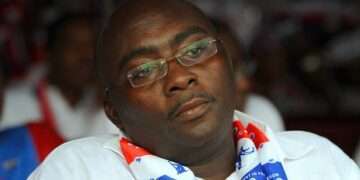
Bawumia’s campaign team has been vocal in its criticism, labeling Mahama’s idea as ill-conceived and lacking innovation.
“This is one idea that John Mahama thinks that he has brought, it is a bad idea. It is an idea that hasn’t been thought through so I want you to compare me to John Mahama, who has the ideas to transform this economy?”
Mahamudu Bawumia
The communication strategy employed by Bawumia’s team is seemingly being exposed, as its effectiveness and highlighting signs of potential fatigue and unpreparedness is apparent, particularly in the aftermath of the recent delegates election.
During a recent campaign stop in the Northern Region, Vice President Bawumia launched a scathing critique of Mahama’s economic strategies, honing in on the proposed 24-hour economy. Describing it as a poorly thought-out idea lacking innovative thinking, Bawumia emphasized the need for creative solutions to achieve genuine economic transformation.
“The track record of John Mahama doesn’t show innovative thinking, it doesn’t show ideas. The track record of Dr. Bawumia is idea after idea. I have my priorities and I have my vision. When I become president, I will bring more ideas and you will hear them very soon.”
Mahamudu Bawumia
However, the critique provided by Bawumia’s team remains somewhat generic, lacking specific counterproposals or alternative solutions. The critique from Bawumia’s camp, although focused on discrediting Mahama’s proposal, reveals signs of potential fatigue and unpreparedness.
Gaps In Bawumia’s Communication Strategy
One notable gap in Bawumia’s communication strategy is the failure to directly address key downsides of Mahama’s 24-hour economy proposal. The absence of a detailed response to the specific negative consequences of the policy may indicate a degree of unpreparedness to dissect and respond to Mahama’s proposal, potentially leaving voters with unanswered questions.
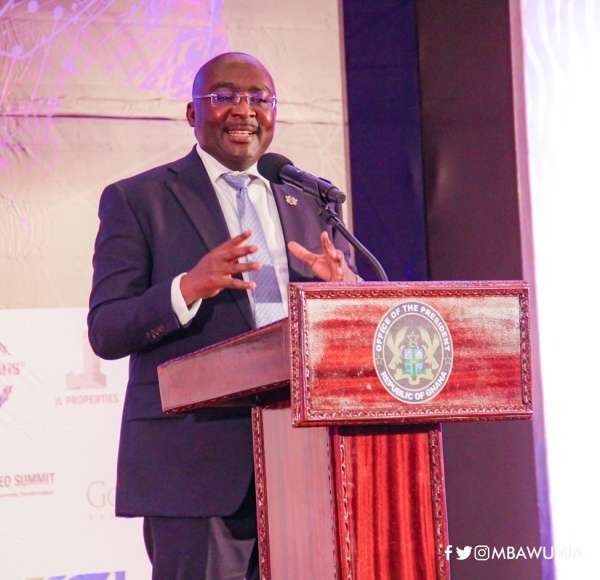
The absence of proactive proposals positions the team as reactive, potentially signaling a lack of preparation to navigate the intricacies of a policy debate. Voters are left wondering about the detailed policy agenda Bawumia would bring to the table.
While emphasizing past achievements is a common campaign strategy, the heavy reliance on historical success may suggest a lack of clarity regarding the future vision for the country, especially coming from a man who promised to be “his own man with his own vision”.
After all, it is assumed that Ghanaians are largely not interested in ideas as much as concrete evidence of what has been done. Also, Bawumia’s camp could not see the golden opportunity to ignore a tagline policy like the NPP did in 2016 with 1D1f, among others.
The best communication strategy against such is not to discredit but to do a constructive analysis rather than a blanket discredit amidst promises of a latter counterproposal. This position further exposes the lack of readiness of the team.
Worst of all, one of the Team’s positions is the argument that the policy was not one any government can legislate on. Does every government policy need hard legislation to succeed? Certainly not, as in the case of the NPP’s 1D1F. Such policies are only meant to shapen national thinking as government creates an enabling environment to induce the realization of the policy.
Considering the recent election dynamics, the fatigue and unpreparedness observed in Bawumia’s communication strategy may be attributed to a failure to fully recalibrate the current electoral landscape. A quick transition from one election to another could contribute to a lack of fresh perspectives and readiness to address evolving issues.
To the credit of Mahama however, he and his team were quick to capitalize on the fatigued Vice President and gave him no break after his win. A critical communication strategy in elections is to be proactive and in the lead. This builds confidence and places the candidate at the center of the process, making all others peripheral.
To regain momentum, the Bawumia camp needs to re-evaluate its approach, ensuring a more dynamic and well-prepared engagement with policy discussions and critiques, especially considering the evolving election dynamics in Ghana.
Perhaps, and against all odds, the Vice President should take a break as well as a communication class beyond lecturers as his few attempts so far have not been promising at all.
READ ALSO: Speaker Defends Ghana’s Sovereign Against IMF Pressures

